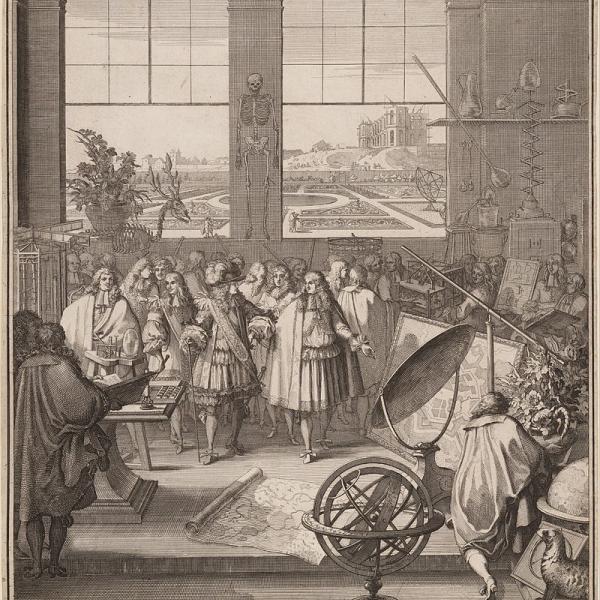Early Modern Literature
The literature we study came from a world of social and cultural upheavals -- a Reformation of church government and religious doctrine, a sudden extension of military capabilities and commercial engagements, a Civil War that splintered the nation, revolutions in scientific knowledge and method, a gradual rise in literacy among men and women and a surge in the consumption of printed books and images. Writers provoked and advanced these changes, sometimes admiring and sometimes recoiling. Like our colleagues who work in other literary periods, we study the relations of great (and not so great) works of art from a variety of perspectives: literature and subjectivity, literature as a form of spiritual expression and as an instrument of spiritual self-discipline, literature in relation to hierarchies of gender, ethnicity, age, religious affiliation, and social status. But we have some distinctive interests as well: in the special way that Early Modern writers sought to influence royal politics, in the tangled involvement of writers in an exploding book culture, in literary reflections on political theory, in the contributions of book, pamphlet, and play to cultures of both dissent and desire.
Faculty Experts

